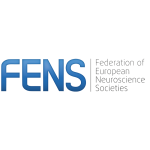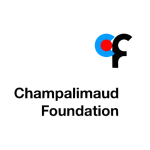Course overview
For over a century, the main focus of neuroscience research has been on neurons. It is however, becoming ever more clear that brain functions such as conceptual reasoning, memory, and processing speed depend on glial cells (microglia, astrocytes and oligodendrocytes).
The lack of understanding of the role of glia in normal brain development, function and disease is mainly due to lack of tools and methods to accurately study these cells. In recent years, neuroscience has seen a methodological revolution. The function of glia cells in neuronal circuit development, and neurodegenerative disease has become evident. The study of glial biology and the understanding on how glial cells impact on circuit function are key to understanding how the brain works and what goes wrong in brain disease. Advanced training of a new generation of neuroscientists with strong focus on glial function is crucial to make these studies a success in the coming decades.
Course directors
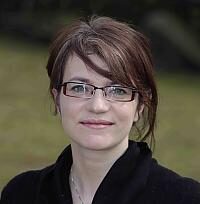
Ragnhildur Thora Karadottir
Course Director
Cambridge University, UK
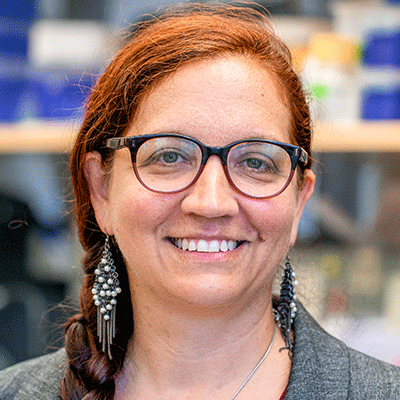
Cagla Eroglu
Course Director
Duke University, US
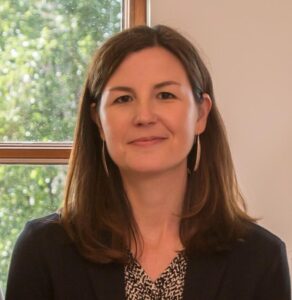
Staci Bilbo
Course Director
Duke University, US
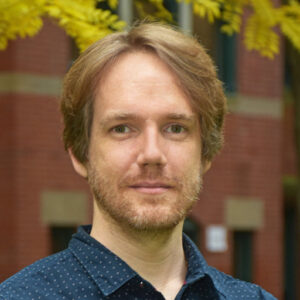
Jean-Christophe Delpech
Course Director
Bordeaux Neurocampus, FR
Keynote Speakers
Amit Agarwal – Heidelberg University, Germany
Paola Arlotta – Harvard University, US
David Belin – University of Cambridge, UK
Bart J. L. Eggen – University Medical Center Groningen, The Netherlands
Sonia Garel – Institut de Biologie de l’Ecole Normale Superieure (IBENS), Paris, France
Soyon Hong – UCL, London, UK
Maarten Kole – Utrecht University, The Netherlands
Kelly Monk – The Vollum Institute, OHSU, US
Stéphane Oliet – Neurocentre Magendie, France
Thomas Papouin – Washington University School of Medicine in St. Louis, US
Nathalie Rouach – College de France, France
David Rowitch – University of Cambridge, UK
Mikael Simons – Technical University Munich, Germany
Instructors
Amit Agarwal – Heidelberg University, Germany
Liam Barry–Carroll – IMN, Bordeaux Neurocampus, France
Arne Battefeld – IMN, Bordeaux Neurocampus, France
Felipe Bodaleo – Heidelberg University, Germany
Sarah Bou Sader Nehme – IMN, Bordeaux Neurocampus, France
Sara Carracedo Vicente – IMN, Bordeaux Neurocampus, France
Omar De Faria – Stem Cell Institute, University of Cambridge, UK
Mohit Dubey – Netherlands Institute for Neuroscience, The Netherlands
Jiaxing Li – Oregon Health & Science University, US
Charlotte Madore-Delpech – INRAE, University of Bordeaux, France
Giampaolo Milior – College de France, France
Wiebke Möbius – Max Planck Institute for Multidisciplinary Sciences, Germany
Torben Ruhwedel – Max Planck Institute for Multidisciplinary Sciences, Germany
Kristina Sakers Hays – Duke University Medical Center, US
Caroline Smith – Boston College, US
Francesco Ulloa Severino – Duke University, US
Course content
This is a theoretical and practical training course on glial cells and their communication with neuronal circuits. It will provide an overview of the current concepts and knowledge of glial cell biology in central and peripheral nervous system development in several species, including zebrafish, mice, and humans, and their link to diseases.
It will combine lectures and hands-on projects on glial development including methods in cellular neuroscience (e.g. live and fixed tissue imaging), genetic modifications, -omics (e.g., scRNA seq, proteomics and bioinformatics), electrophysiology, optogenetic and chemogenetic manipulation of glial cells and methods to study behaviour.
Bordeaux School of Neuroscience, France
The Bordeaux School of Neuroscience is part of Bordeaux Neurocampus, the Neuroscience Department of the University of Bordeaux. Christophe Mulle, its current director, founded it in 2015. Throughout the year, renowned scientists, promising young researchers and many students from any geographical horizon come to the School.
The school works on this principle: training in neuroscience research through experimental practice, within the framework of a real research laboratory.
Facilities
Their dedicated laboratory (500m2), available for about 20 trainees, is equipped with a wet lab, an in vitro and in vivo electrophysiology room, IT facilities, a standard cellular imaging room, an animal facility equipped for behavior studies and surgery and catering/meeting spaces. They also have access to high-level core facilities within the University of Bordeaux. They offer their services to international training teams who wish to organize courses in all fields of neuroscience thanks to a dedicated staff for the full logistics (travels, accommodation, on-site catering, social events) and administration and 2 scientific managers in support of the experimentation.
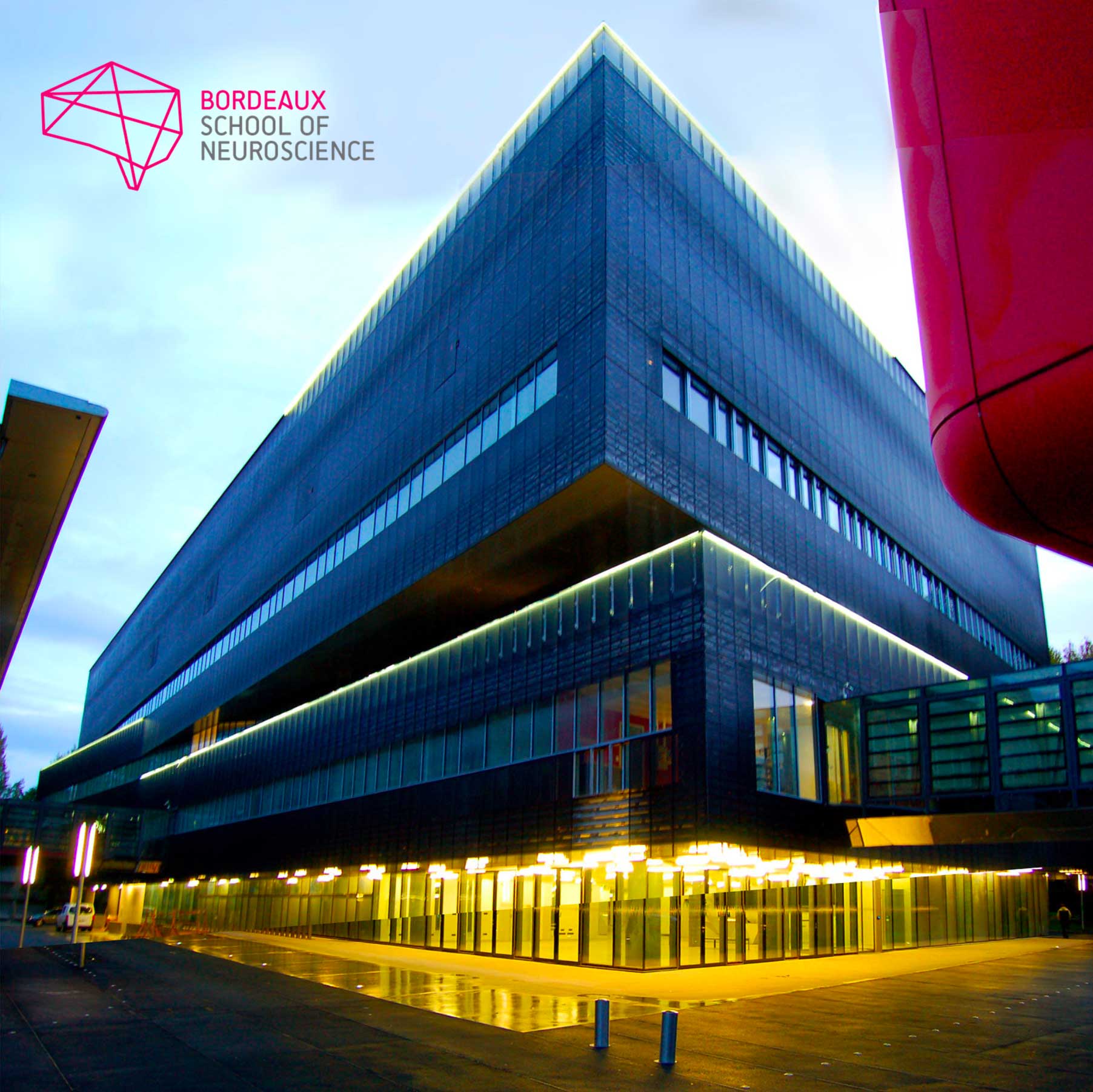
Sponsors
Registration
Fee : 3.950 € (includes tuition fee, accommodation and meals)
The CAJAL programme offers 4 stipends per course (waived registration fee, not including travel expenses). Please apply through the course online application form. In order to identify candidates in real need of a stipend, any grant applicant is encouraged to first request funds from their lab, institution or government.
Kindly note that if you benefited from a Cajal stipend in the past, you are no longer eligible to receive this kind of funding. However other types of funding (such as partial travel grants from sponsors) might be made available after the participants selection pro- cess, depending on the course.







